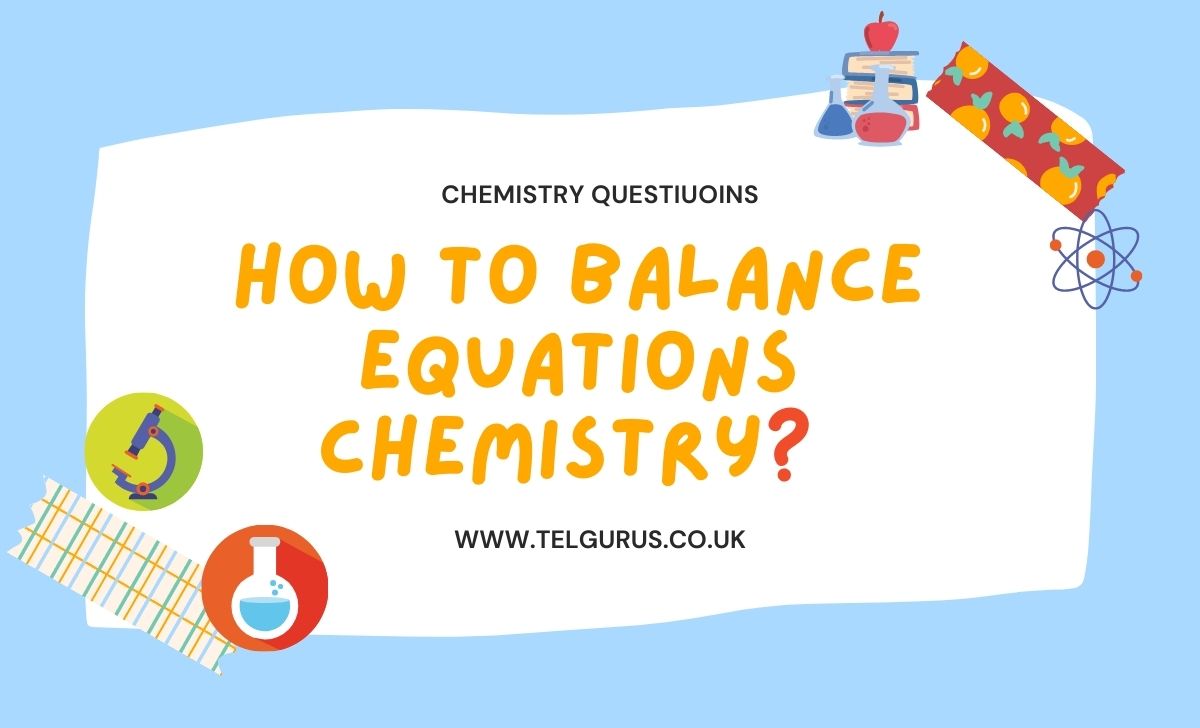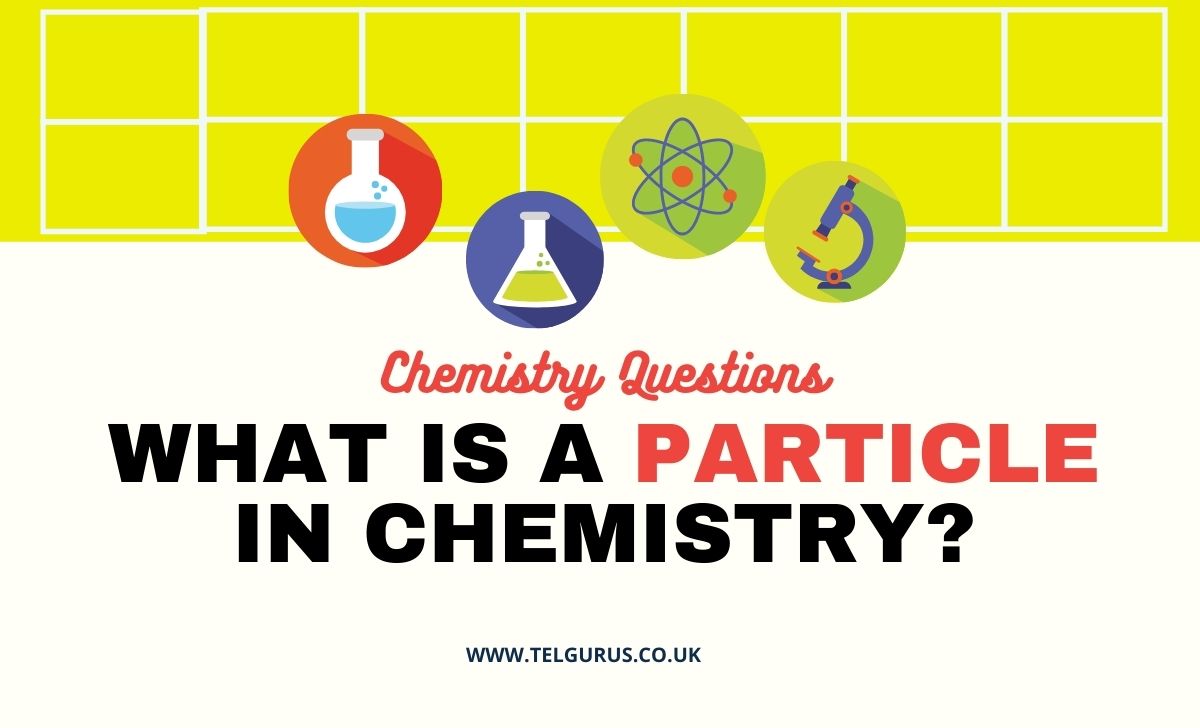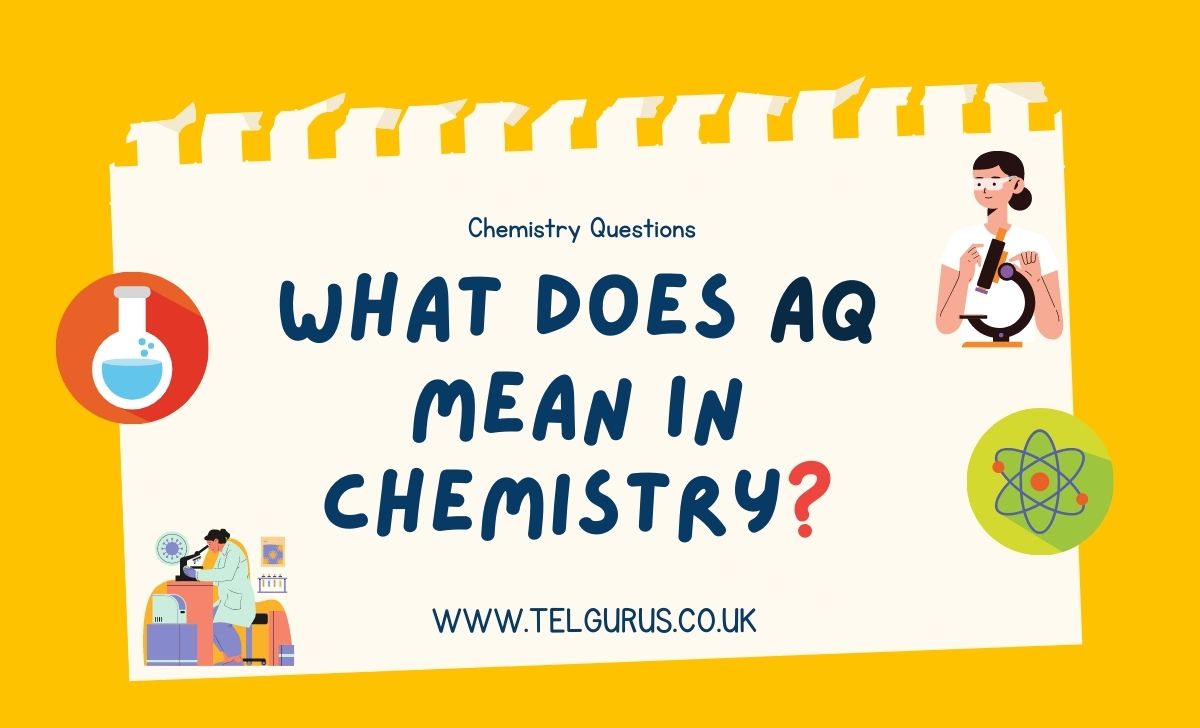Enrich your knowledge with our informative blogs
How To Balance Equations Chemistry?

A chemical equation is a chemical formula that provides the element’s information and molecules that are reacting, and the molecules that are being produced.
The Law of Conversation of Mass indicates that the reactant’s mass must balance the product’s mass. To balance a chemical equation, the atoms of both elements and molecules on both sides must be equal to each other.
Let us see how you can balance an unbalanced chemical equation.
Step 1: Take an unbalanced chemical equation
Al + O2 ————–> Al2O3
Here, as per the chemical equation, aluminum reacts with Oxygen to produce Aluminum Oxide.
Step 2: Make a list
Rewrite the equation by making a list as shown below
Al + O2 —————-> Al2O3
Al: Al:
O: O:
First, you need to identify the elements on the left side, the reactant side, and the compounds’ elements on the right side, the product side. All you need to do is follow the points:
- Make a list of elements on each side under the equation for both the products and reactants, as shown above
- Under the reactant side, list Al and O
- Under the product side, list Al and O
Step 3: Identify the atoms in each element
Al + O2 ——————> Al2O3
Al: 1 Al: 2
O:2 O: 3
An atom is the smallest component of an element that contains the chemical properties of that element. The atom of each element include neutrons, protons, and electrons of that element. The list to be made of each element on both the product and reactant side will help you figure out the number of atoms each element contains.
Step 4: Multiplying the number of atoms
Al + O2 ——————> Al2O3
Al: 1*2=2 Al: 2
O: 2*3=6 O: 3*2=6
Here, you need to notice how the number of atoms to each element is different from the next to that same element on the product side.
To balance the chemical equation, you need to ensure that the atoms’ number of each element on the reactant side is equal to the atoms’ number on the product side. And to make it happen, you need to multiply the number of atoms in each element until both sides are equal.
Step 5: Place coefficient in front of molecules
Place the coefficients by performing the following
2Al + 3O2—————–> 2Al2O3
Al: 1*2=2 Al: 2
O: 2*3=6 O: 3*2=6
After multiplying the number of atoms of each element, until both the sides are equal, you need to put the number, coefficient of how much you multiplied the element and place it in front of it as shown.
As far as the product side is concerned, both elements did not get multiplied still; place the number multiplied as the coefficient in front of a compound.
Step 6: Check the equation
2Al + 3O2 —————> 2Al2O3
Al: 1*2=2 Al: 2
O: 2*3=6 O: 3*2=6
2Al + 3O2 —————> 2 Al2O3
Al: 2 Al: 2
O: 6 O: 6
After placing the coefficient in front of molecules, make a list again and check if the subscript’s coefficient gives equal atoms on both sides.
As seen, it is not equal, so you need to rework the multiplication. Let us see how we can do that.
Step 7: Balanced Chemical Equation
4Al + 3O2 —————> 2Al2O3
Al: 4 Al: 4
O: 6 O: 6
After reworking the multiplication, we can figure out that the equation is balanced now. So, in short, this is your final balanced chemical equation. In the same way, you can try working on some other unbalanced equation. But don’t forget to follow it step by step.
Read More – Chemistry Questions
View More – Useful links for Your Child’s Development

Discover the exact logic behind the reactions!
Get a deeper understanding of every possible interaction between atoms, molecules and elements in an easy and fun-loving way.
Categories
Recent Posts
- List of the qualities you should look for in your tutors?
- What is the most useful formulas in math?
- Describe the process of eating to defecation of food?
- Difference between the natural and artificial active response by the immunology system.
- Explain the different circle theorems
- How are nerve cells adapted to their function?










